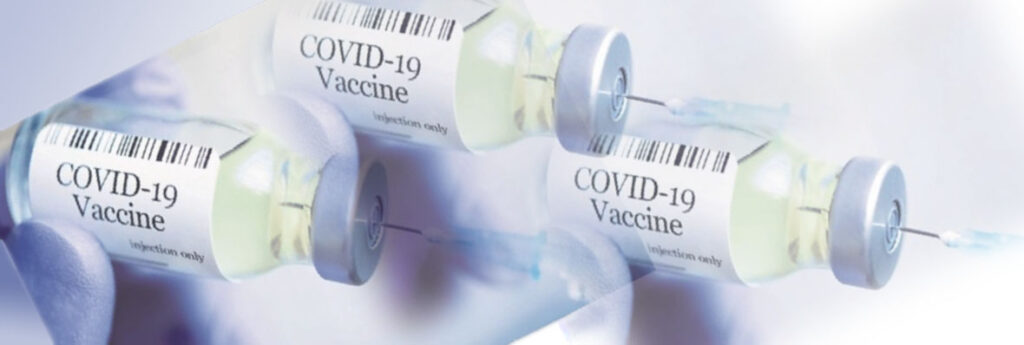The World Health Organization (WHO) says the number of new coronavirus cases reported globally appears to be stabilizing at about 4.5 million infections after steadily rising for the past two months. At the same time, the organizations’ head has called for a two-month moratorium on administering booster shots of COVID-19 vaccines as a means of reducing global vaccine inequality and preventing the emergence of new coronavirus variants.
WHO Director-General Tedros Adhanom Ghebreyesus says he is “really disappointed” with the scope of vaccine donations worldwide as many countries struggle to provide first and second doses to more than small fractions of their populations while wealthier nations maintain growing vaccine stockpiles.
Tedros called on countries offering third vaccine doses “to share what can be used for boosters with other countries so (they) can increase their first and second vaccination coverage.”
Several countries, including the United States, Israel, and Hungary, as well as others in Europe, the Middle East and Asia, are already offering or planning to offer their populations COVID-19 booster shots.
In early August, Hungary became the first country in the 27-member European Union to allow residents to sign up for a third dose, and more than 187,000 people have received a booster so far, according to government statistics.
Last week, US health officials announced plans to dispense COVID-19 booster shots to all Americans in an effort to shore up protection against a surge in cases attributed to the delta variant and signs that the vaccines’ effectiveness is slipping.
Yet the UN health agency has repeatedly called for rich nations to do more to help improve access to vaccines in the developing world. Early this week, Tedros said that of the 4.8 billion vaccine doses delivered to date globally, 75% have gone to only 10 countries while vaccine coverage in Africa is at less than 2%.
“Vaccine injustice and vaccine nationalism” increase the risk of more contagious variants emerging, Tedros said.
“The virus will get the chance to circulate in countries with low vaccination coverage, and the delta variant could evolve to become more virulent, and at the same time more potent variants could also emerge,” he said.
Hungarian Foreign Minister Peter Szijjarto says that Hungary has 8 million doses of COVID-19 vaccine in storage, and that the Central European country has donated more than 1.5 million doses to other countries.
Tedros thanked Hungary for making those donations, but added, “we hope that you will do more, because no one is safe until everyone is safe.”
Stabilization
Meanwhile, in its weekly assessment of the pandemic, the UN health agency says COVID-19 increased by about 20% and 8% in the Western Pacific and in the Americas, while rates of disease either remained the same or dropped in other regions.
The countries with the highest numbers of new cases were the United States, Iran, India, Britain, and Brazil. The assessment says there were about 68,000 new deaths reported globally, with Europe and the Americas registering increases of about 10%.
WHO also noted several recent studies show licensed vaccines still provide protection against severe coronavirus disease, but that there is some evidence to show the shots are less effective at preventing people from becoming infected with the more contagious delta variant.
Previous research concluded the vaccines are most useful for preventing hospitalizations and deaths.
Where Canada stands
Canadian medical publication CMAJ reports that, “Canada’s National Advisory Committee on Immunization has not yet made a formal recommendation on COVID-19 booster shots but is examining vaccine effectiveness in people with compromised immune systems. According to NACI, immunocompromised people may require booster shots to produce a comparable immune response to the general population.
“A spokesperson for Health Canada and the Public Health Agency of Canada told CMAJ that provinces and territories may choose to offer additional doses to specific populations to enhance their protection against COVID-19. But doing so would be considered off-label use since Health Canada has not authorized a three-dose regimen for any of the COVID-19 vaccines.
“Ontario recently announced it will offer third doses to transplant recipients and other people whose immune systems are compromised. These patients will receive boosters at least eight weeks after their second shot.
“Third doses will also be available five months after immunization to residents of long-term care facilities, First Nations eldercare lodges and “higher-risk” retirement homes, although it is unclear what homes fall into this last category.”

